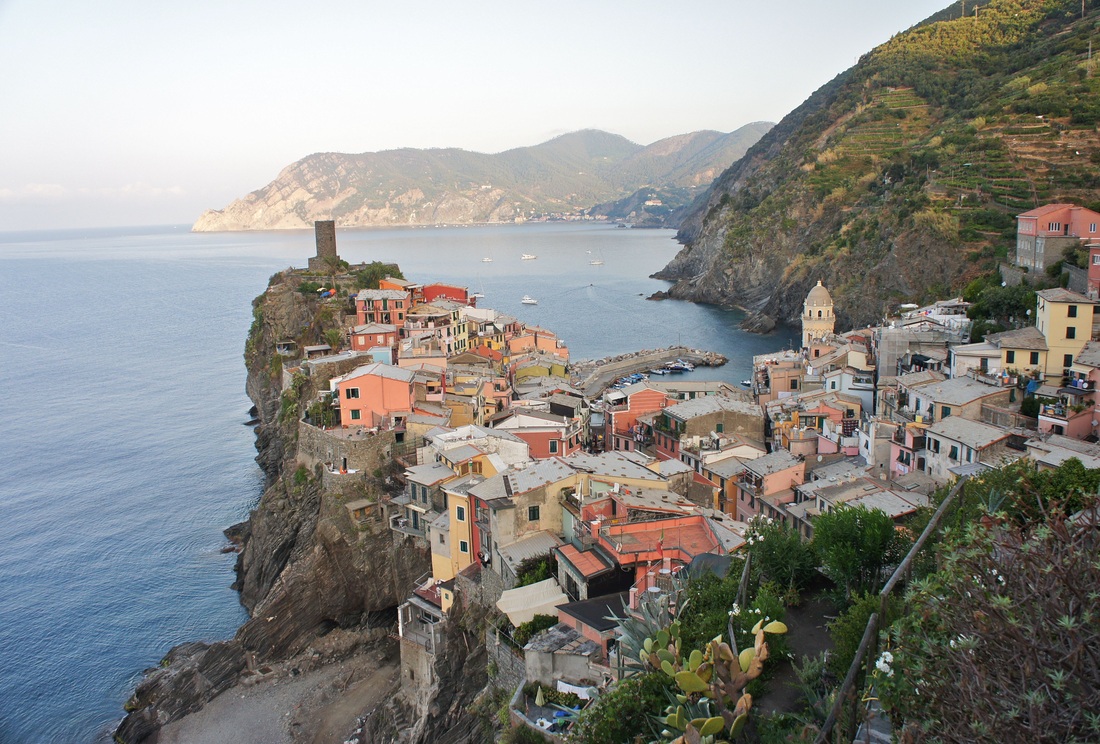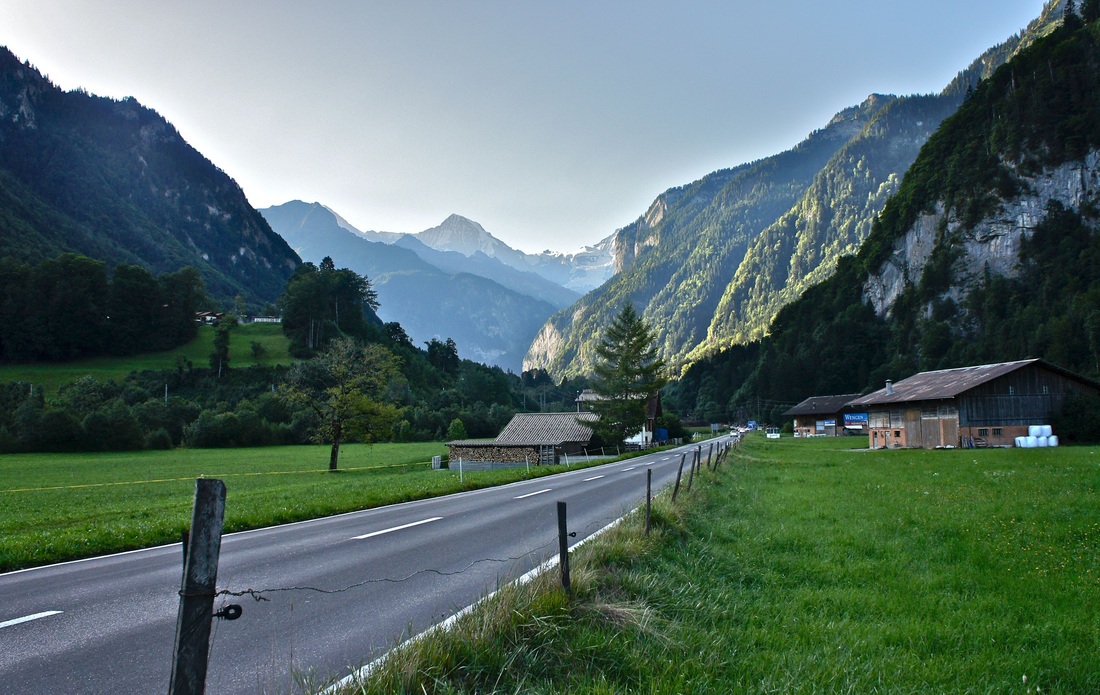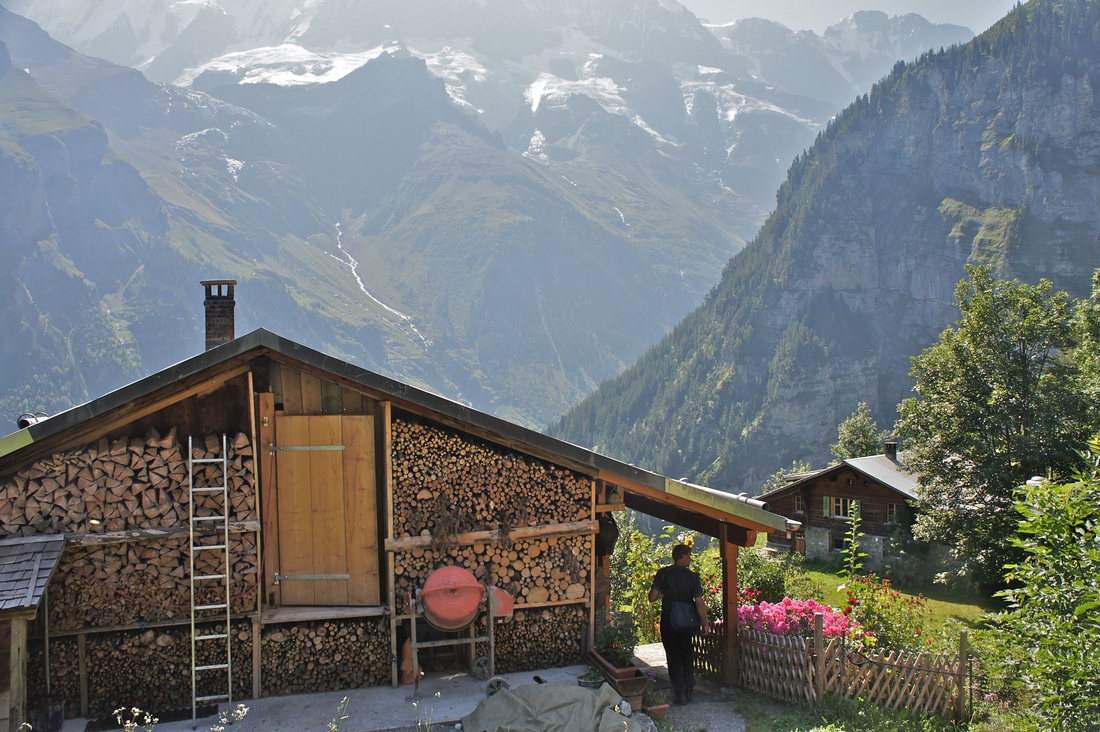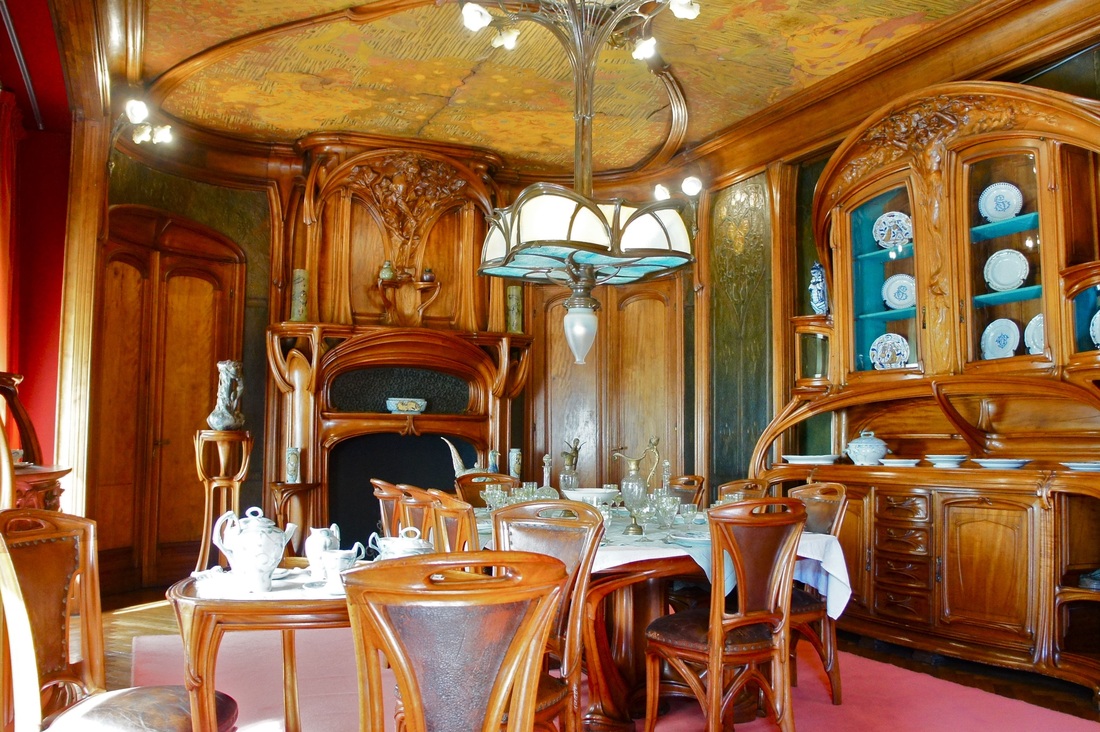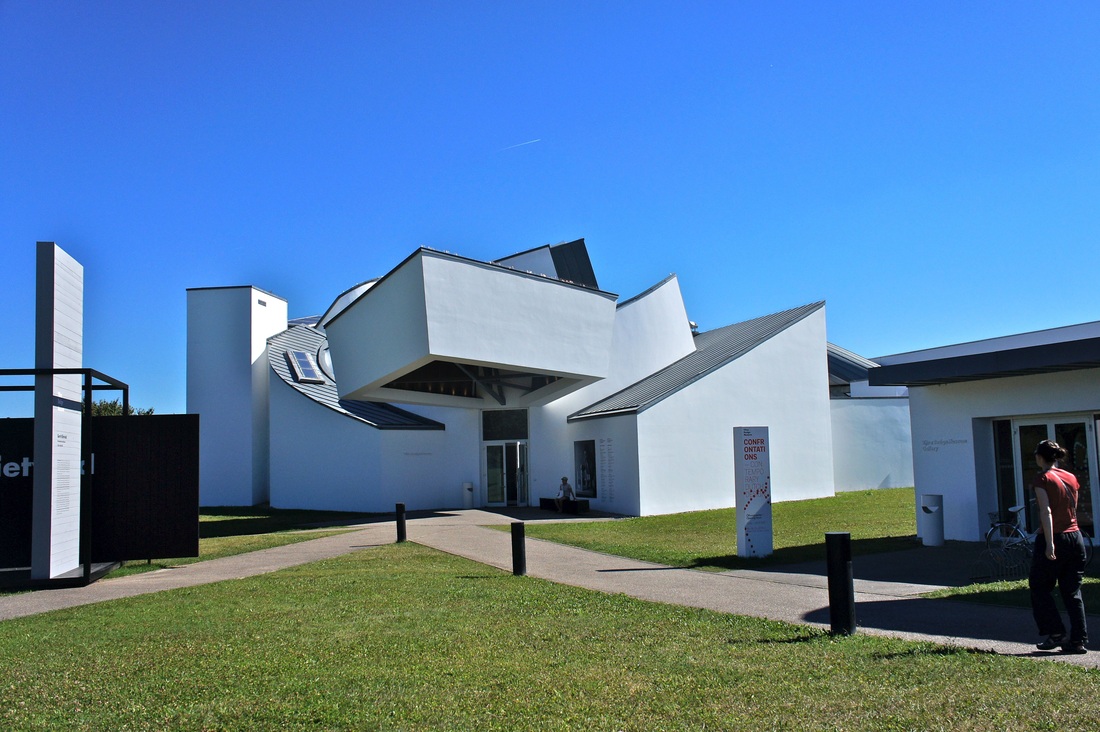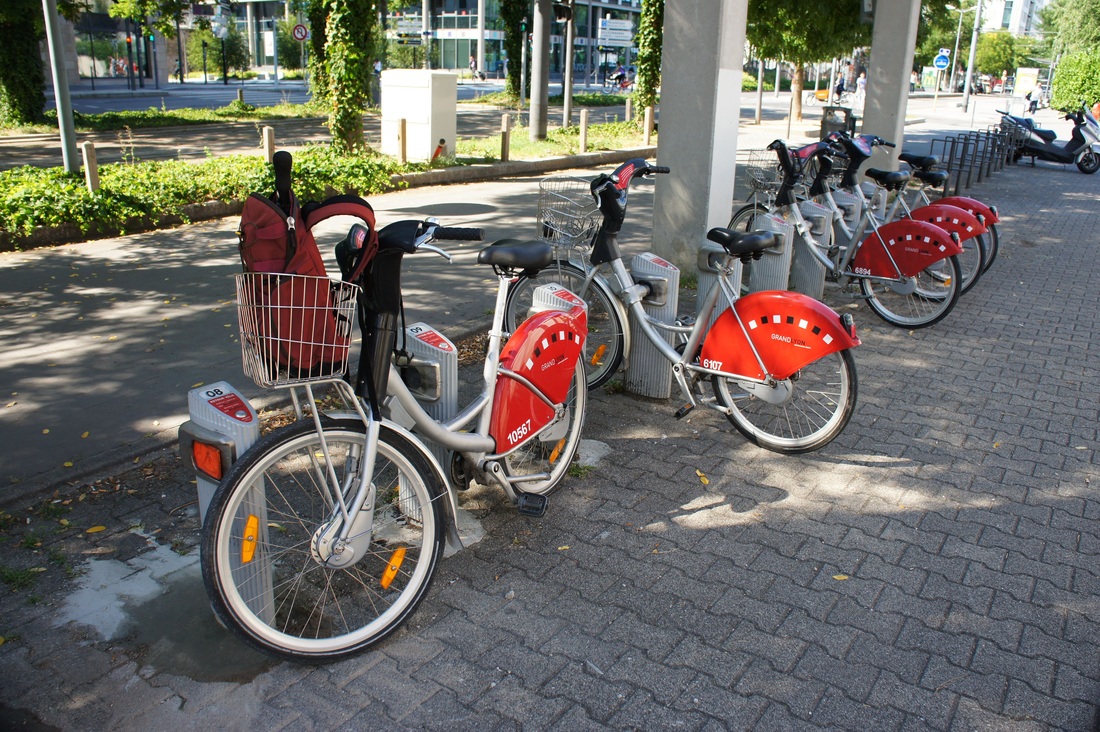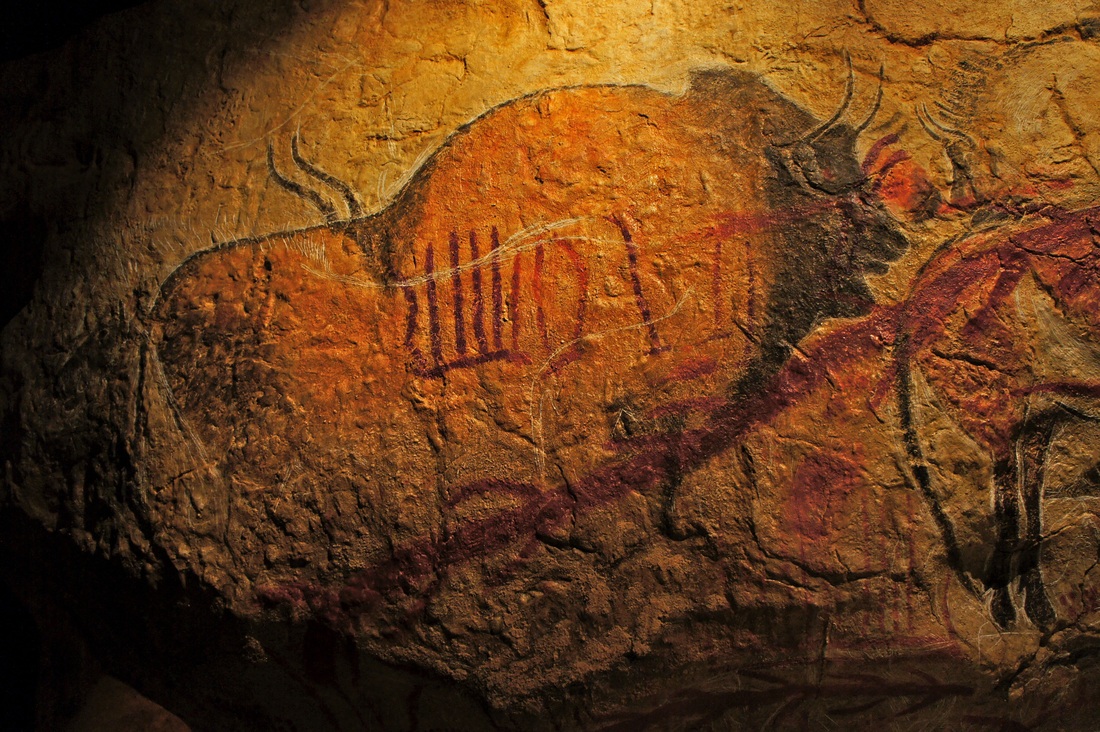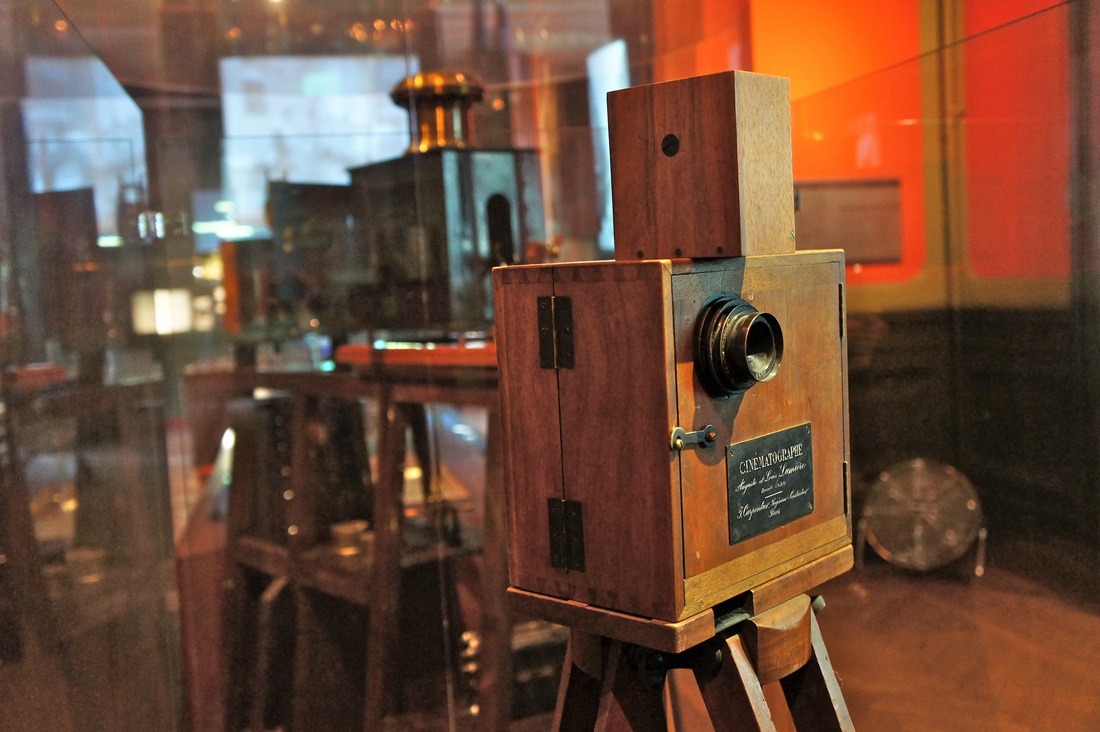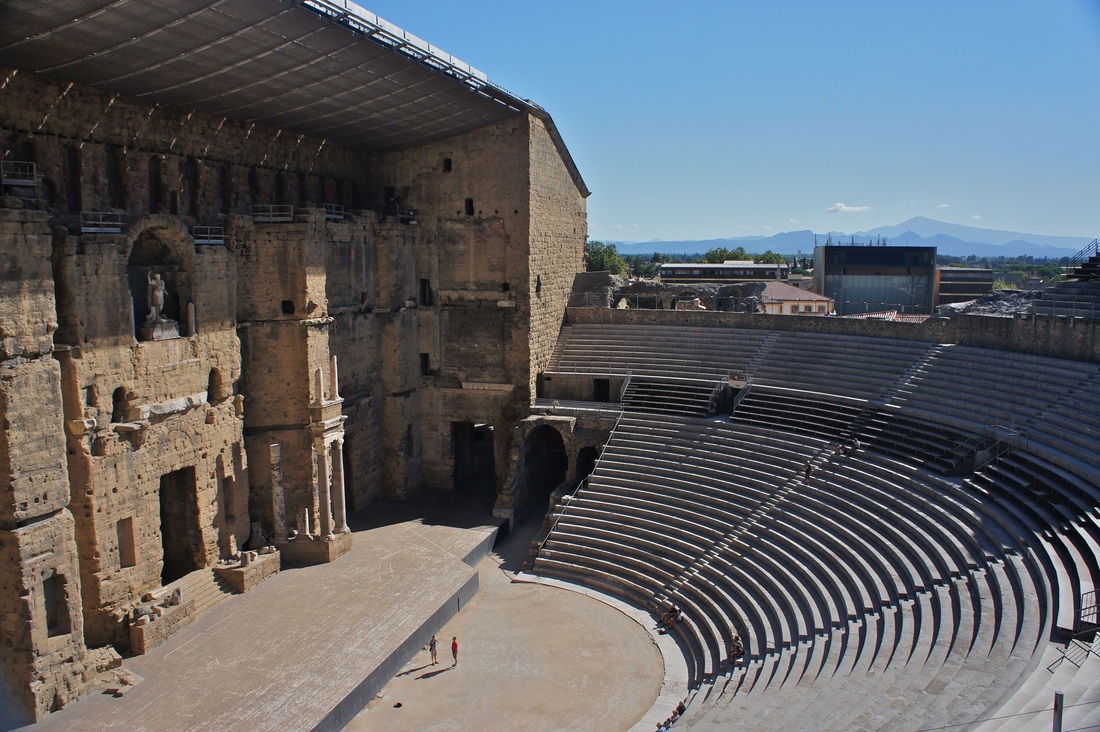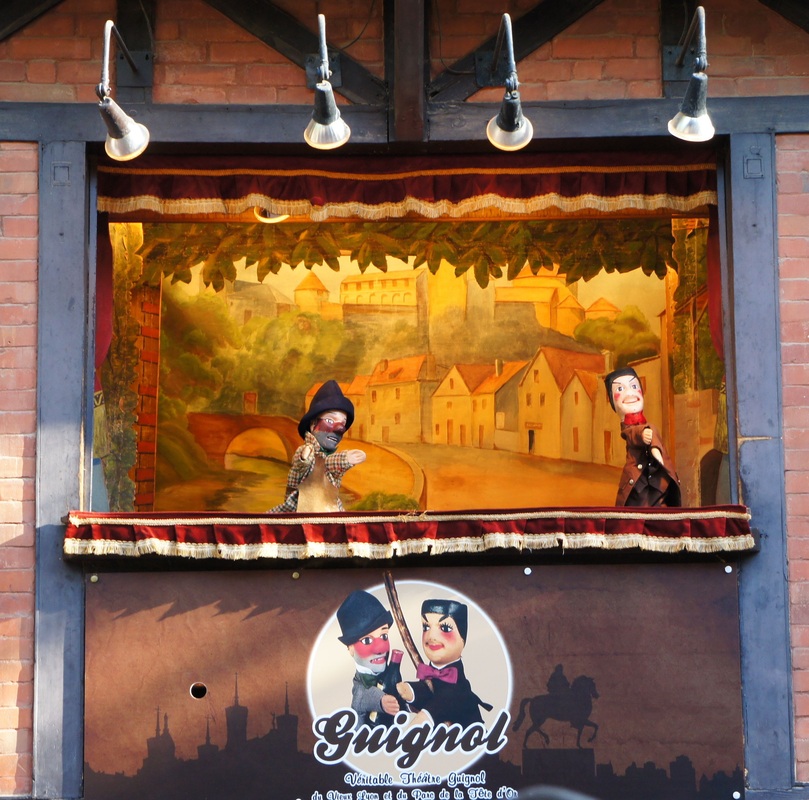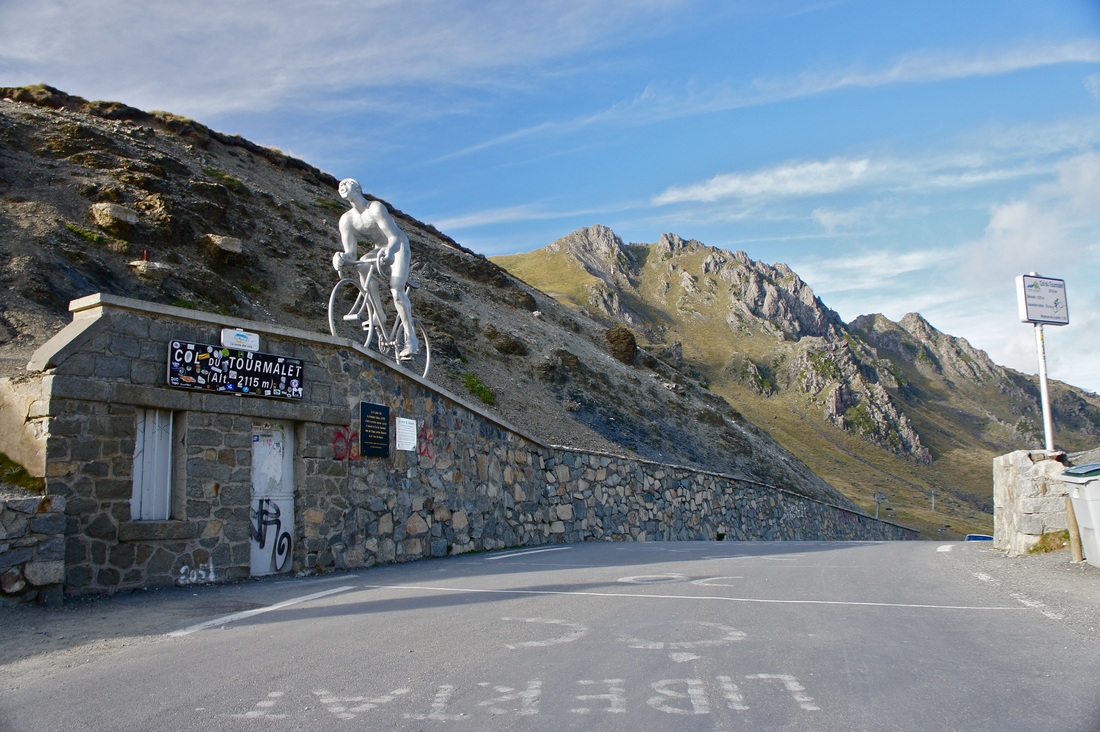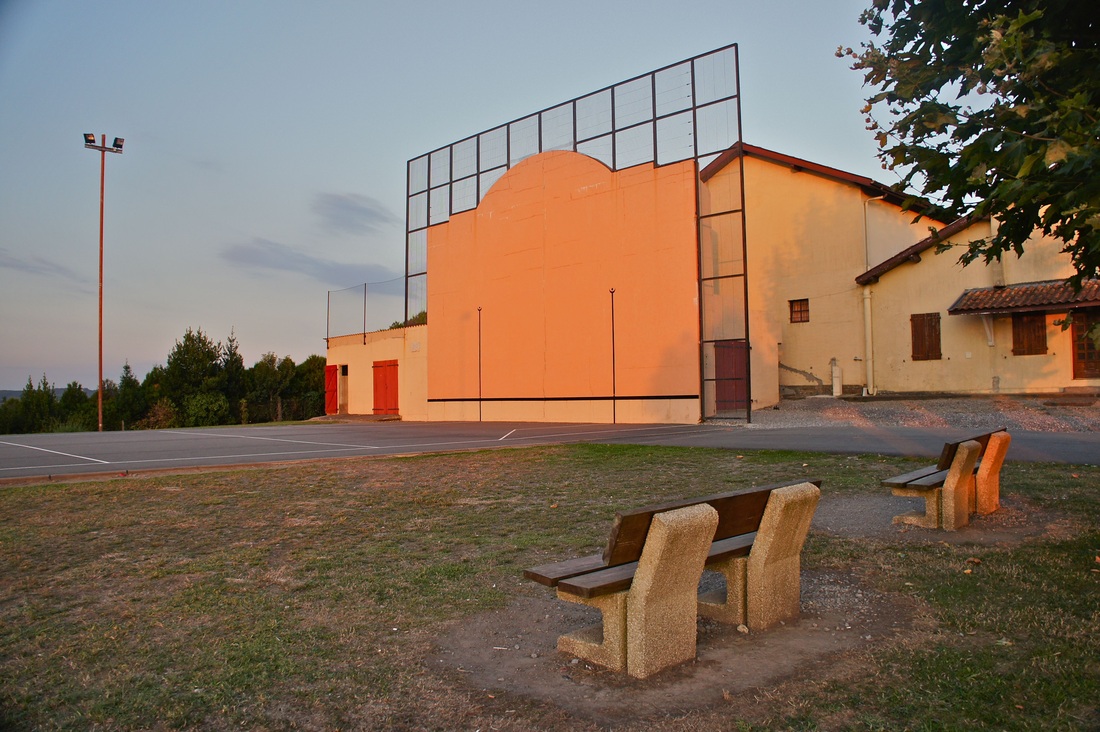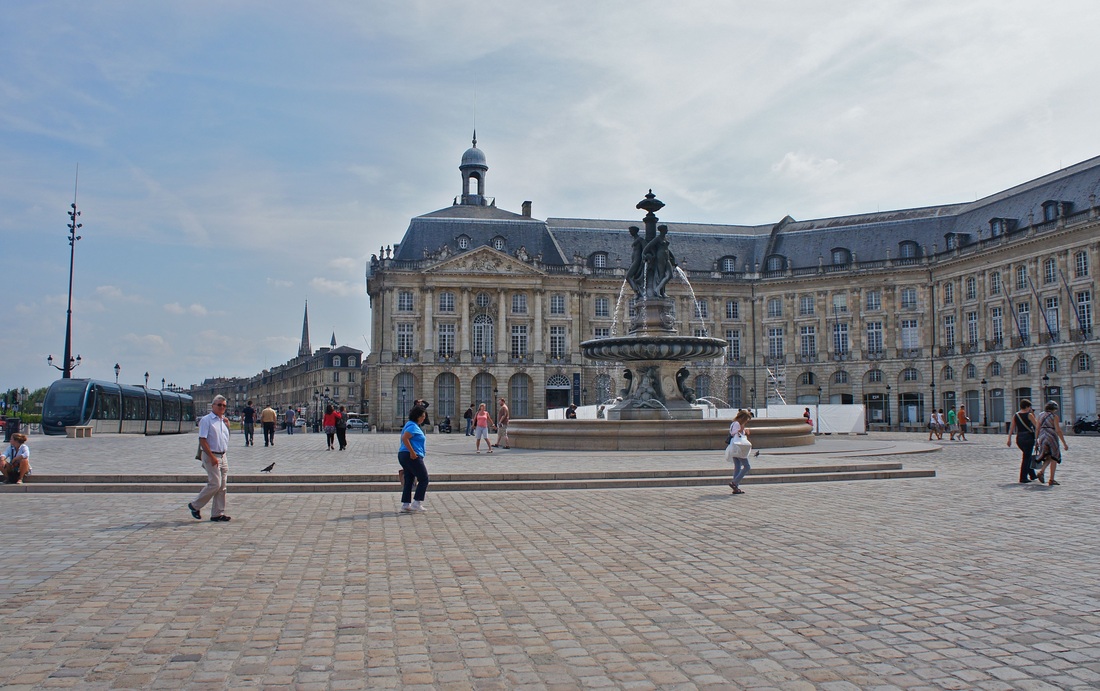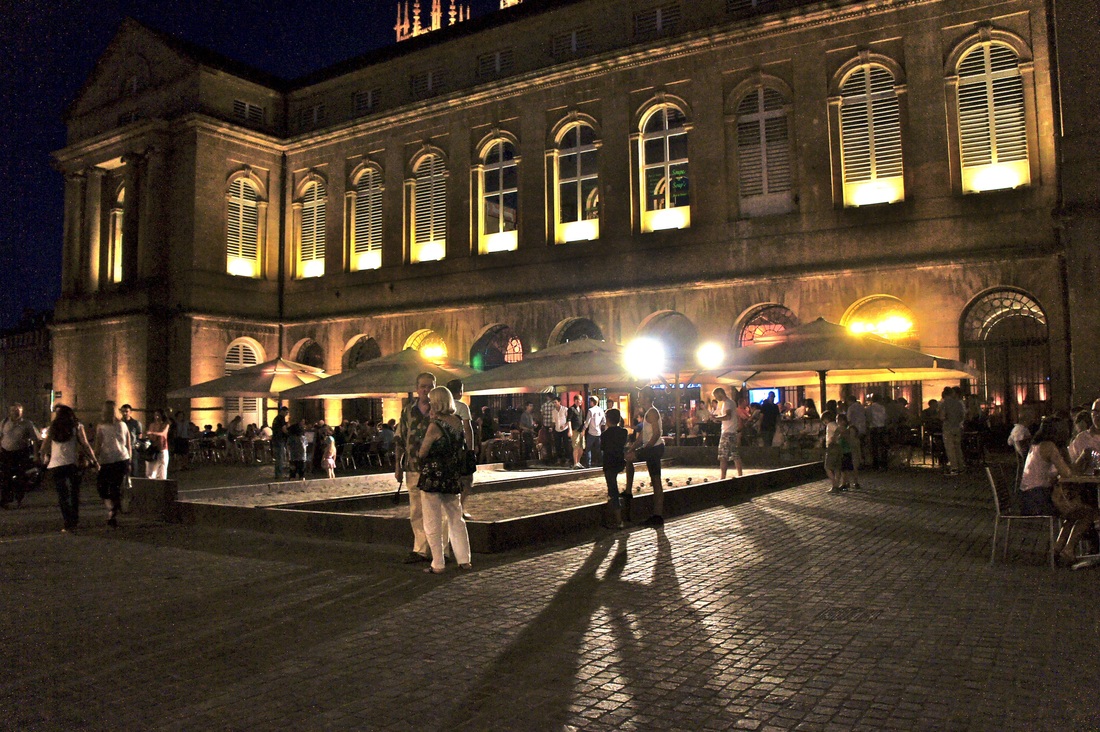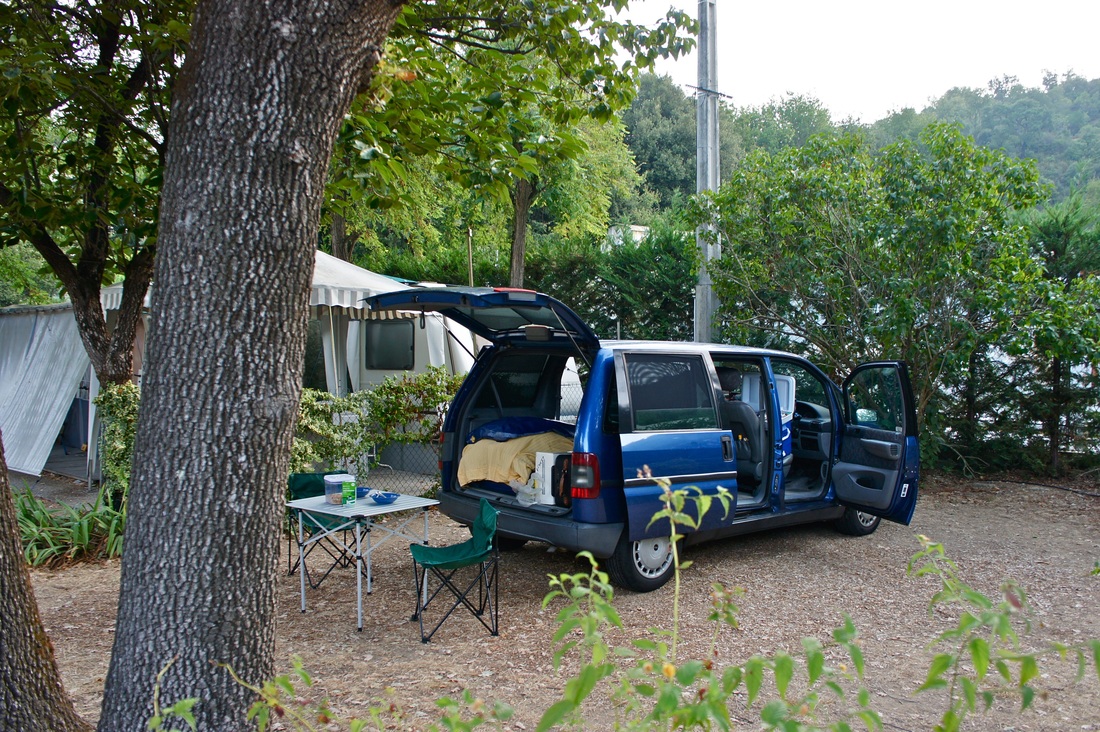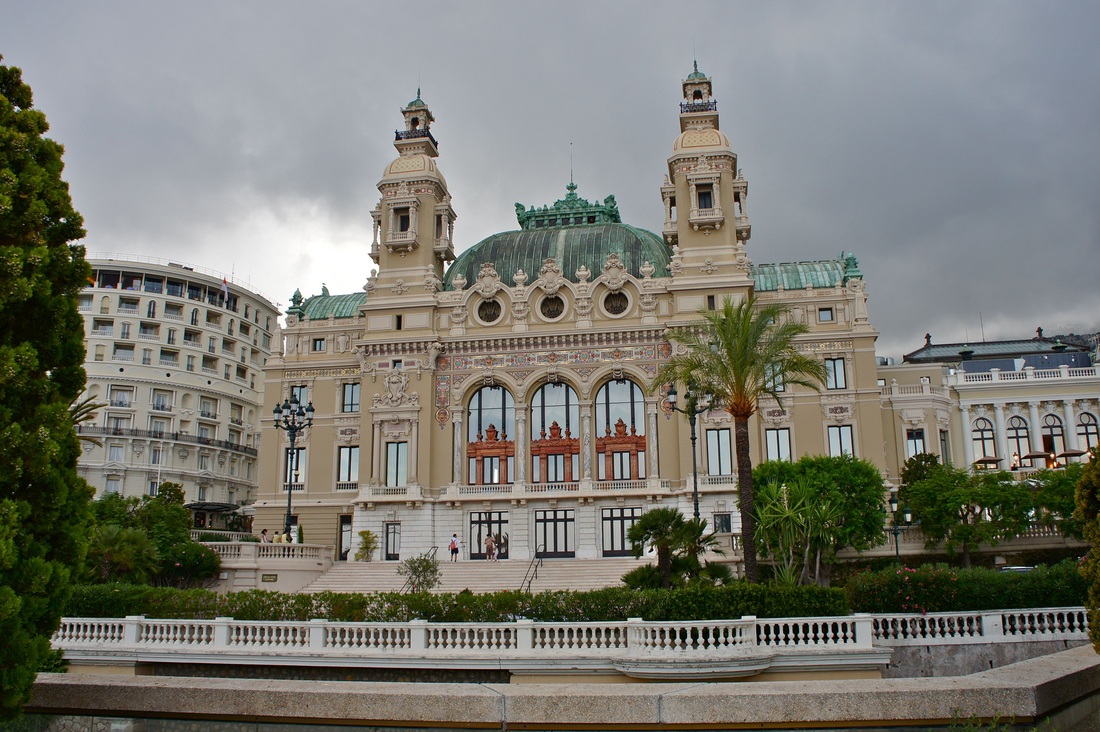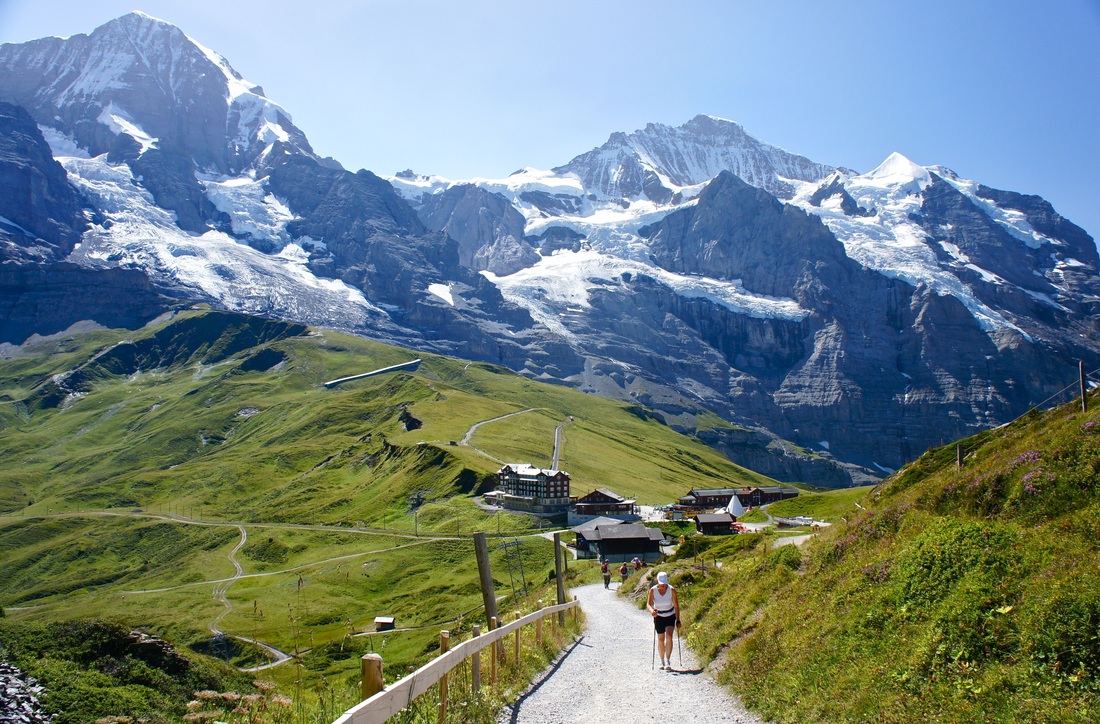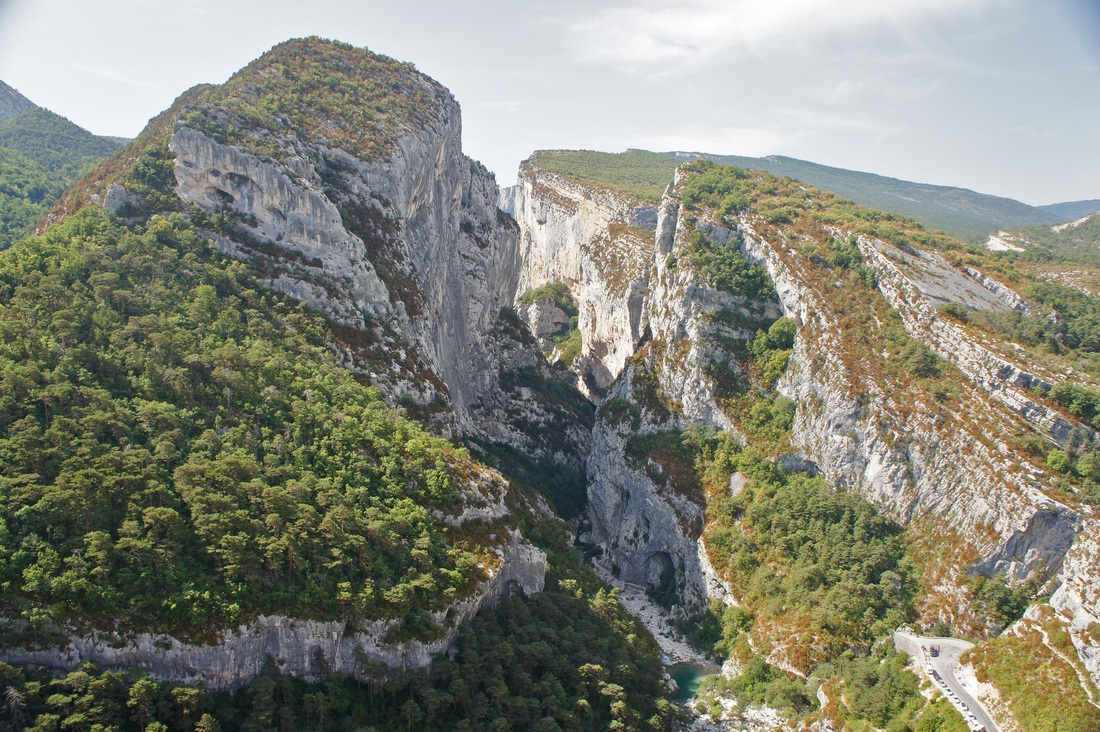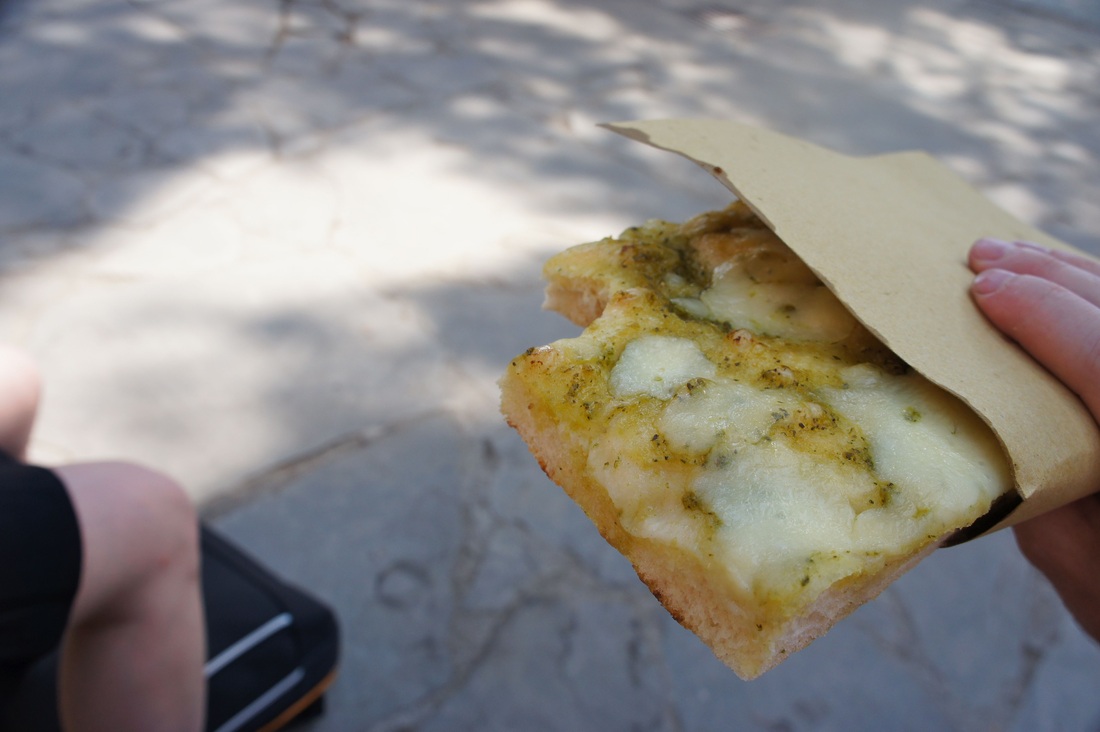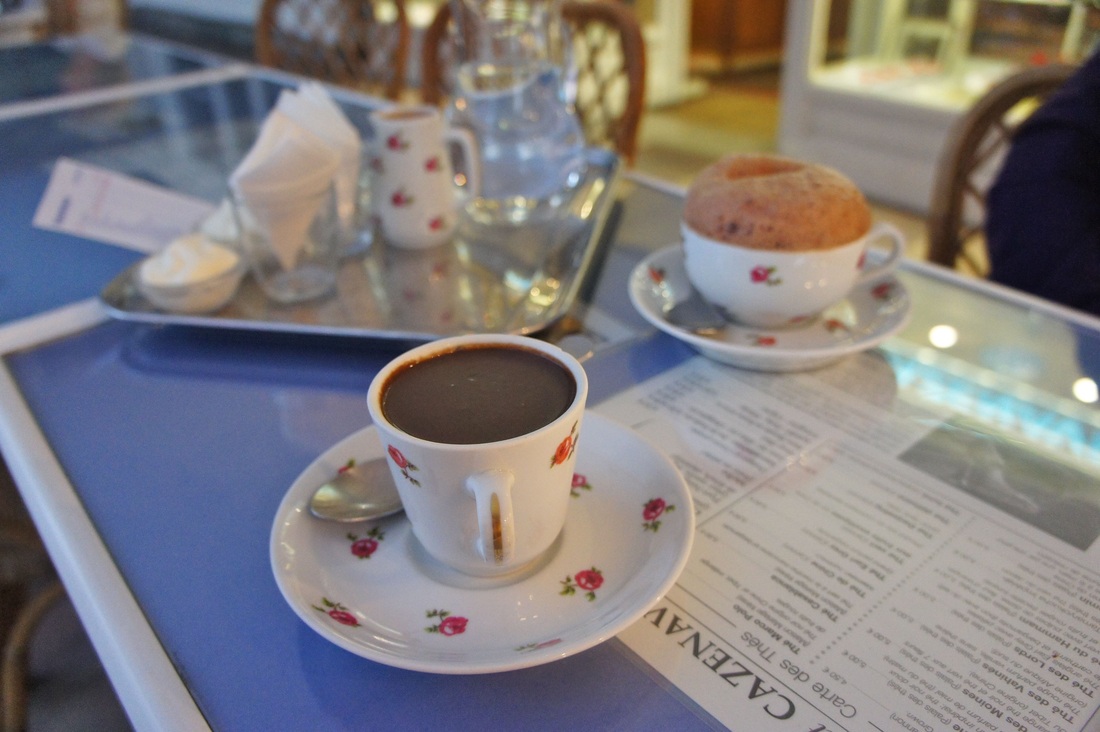For every individual, there are historical, national, ethnic, and family stories that put your life in context, stories that give life a sense of flow from the past to the present, stories that help you understand the influences that led to the outcomes you see around you today. There are an enormous number of possible combinations of these stories that could be created for any one person on our planet of 7 billion people. And while it is vitally important to learn your own story, for the purpose of evolutionary philosophy I'm interested in finding the one underlying story that we all share. This is the story of how humans came to be. In religious terms, it's our modern creation story, only there's nothing supernatural about this one because it wasn't written by ignorant ancients who had to make wild guesses to fill in the gaps of their knowledge.
I'll keep this post brief, like the actual text in my philosophy, because I think the best way to be awestruck by the grand sweep of history is to step back to a place where it can be glimpsed in a glance - rather like a panoramic viewpoint overlooking a grand canyon. Whole lives can be spent inspecting details in the picture, but it's important not to get lost in these details. It's important to have the big picture in mind at all times. In this case, the big picture starts at the big bang and spans roughly 14 billion years until the appearance of humans. That's a span that's 56,000 times larger than the 250,000 years that Homo sapiens have been on this earth. This big picture is the story of how simplicity led to complexity, how physics led to chemistry and then biology, and how evolution led from single-celled organisms to the diversity of life we see today. It's an amazing story. Truly the greatest story ever told.
Rather than try to re-tell it myself though, I'd prefer to point to someone who has already spent a lifetime working on it. Historian David Christian has founded the Big History Project to gather in all the facts we've discovered for the details of this modern creation story, and to help introduce it to children in schools all over the world. He's written a book called Maps of Time: An Introduction to Big History, to help disseminate this story to adults. And, perhaps easiest of all to digest, he's produced a 17-minute TED talk about this Big History. Take a break to watch it. I'm sure it will entertain you and inspire you to go learn more about...thyself.
